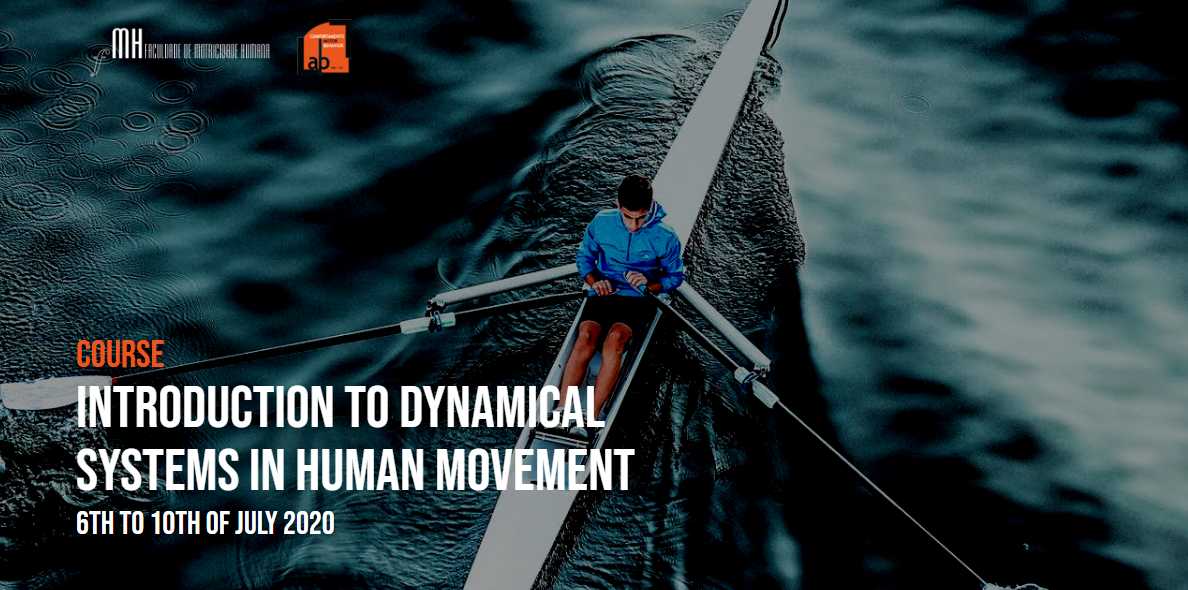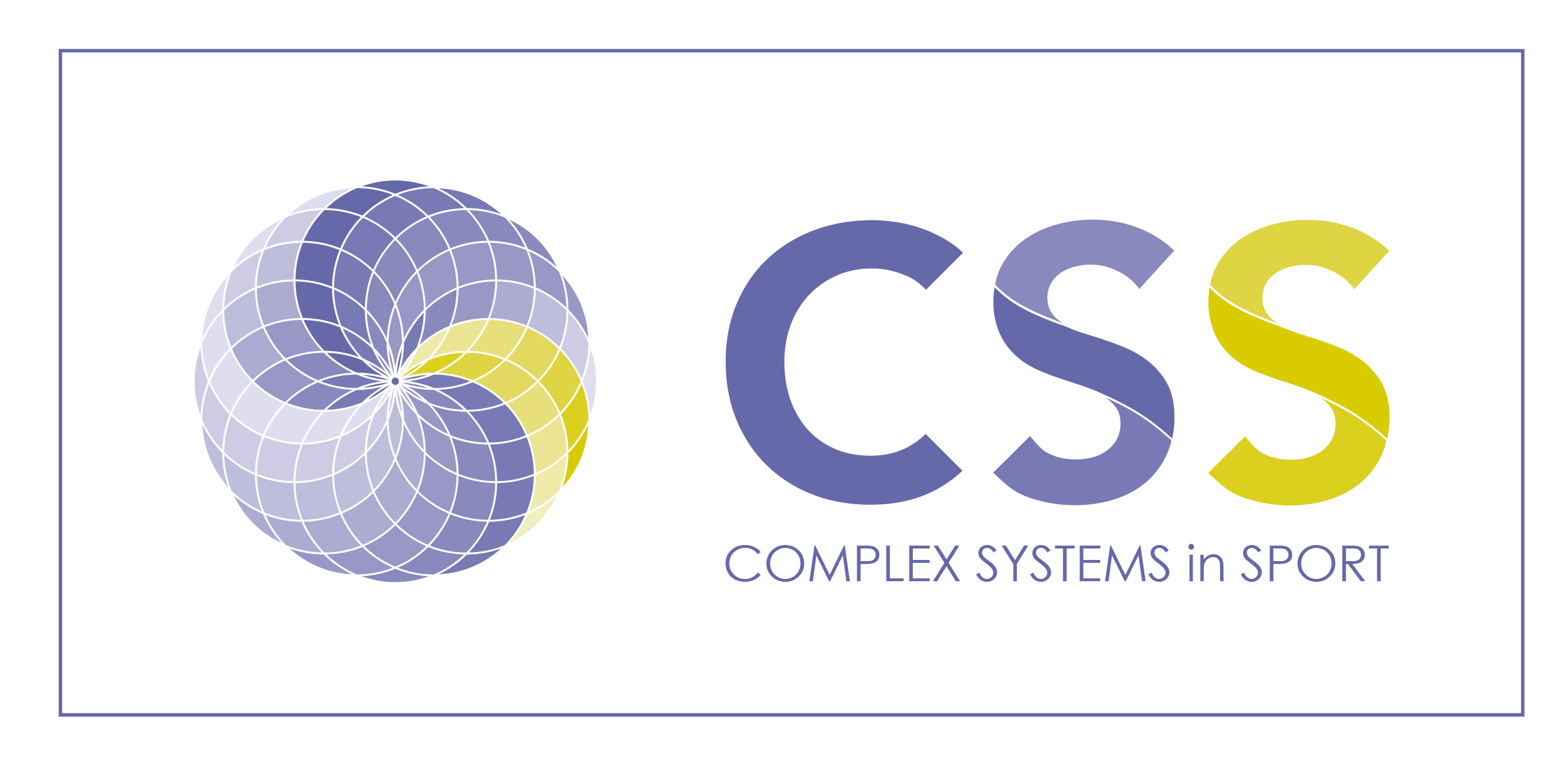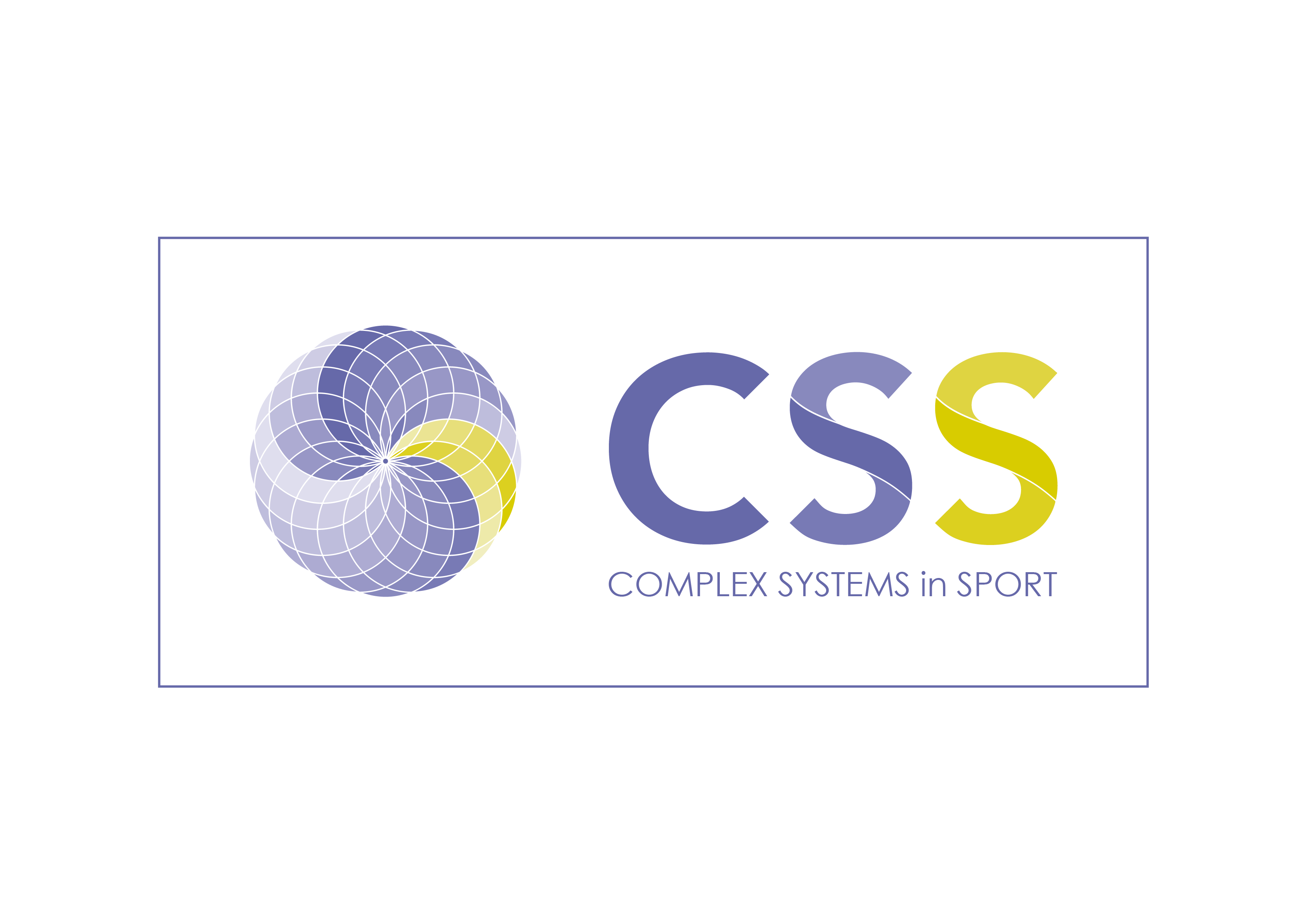Course: Introduction to Dynamical Systems in Human Movement

When? 6th to 10th of July 2020
Where? The course will take place in the facilities of Faculdade de Motricidade Humana, Universidade de Lisboa. Each student must bring her/his own personal computer with MatLab (with Simulink Toolbox) installed. There a student version or a free trial version which can be downloaded from https://www.mathworks.com/campaigns/products/trials.html https://www.mathworks.com/academia/student_version.html
Duration: 10h of lectures and 20h of practical classes.
Registration deadline: April 30, 2020
For aplication & more information: http://formesp.fmh.ulisboa.pt/introducao-ao-sistemas-dinamicos-no-movimento/en
Content overview
In this course the student is introduced with the basic mathematical principles regarding the field of linear and non-linear dynamical systems, with special reference to the study of human movement (e.g., motor control). The student acquires understanding of the very basics of the underlying mathematical principles, concepts and methods and adopts this partly through model based computer simulations using Matlab/Simulink. In practical assignments with incorporated lecture-like discourse, the crash course will cover some theoretical issues (e.g., metaphysics, analytical and numerical mathematics) alongside examples/illustrations. Issues that will be studied are:
– What is a dynamical system?
– Introduction to Simulink (the simulation environment of Matlab)
– Description and analysis methods for (non-)linear systems: differential equations, phase diagram, transformations, state/phase description, fixed points, etc.
– Effects of feedback and coupling
– Non-linear systems, stability, limit cycles, noise, chaos, etc.
Objectives:
The student acquires understanding of the mere basics of the mathematical principles, concepts and methods underlying the study of linear and (complex) nonlinear dynamical systems. The student can adopt these through model based computer simulations using Matlab/Simulink and can execute basic algebraic examination in this regard. Also the course aims to challenge the student towards to acquiring skills and scientific thinking at a higher level of abstraction. Besides that, programming skills (Matlab) will be trained.

